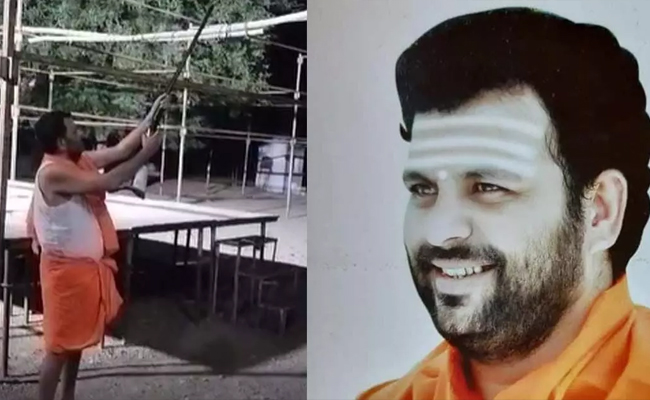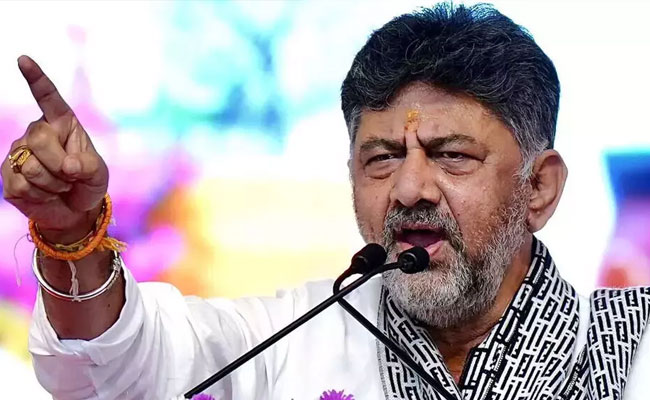Dubai (AP/PTI): Explosions struck a natural gas pipeline in Iran early Wednesday, with an official blaming the blasts on a "sabotage and terrorist action" in the country as tensions remain high in the Middle East amid Israel's war on Hamas in the Gaza Strip.
Details were scarce, though the blasts hit a natural gas pipeline running from Iran's western Chaharmahal and Bakhtiari province up north to cities on the Caspian Sea. The roughly 1,270-kilometer (790-mile) pipeline begins in Asaluyeh, a hub for Iran's offshore South Pars gas field.
Saeed Aghli, the manager of Iran's gas network control center, told Iranian state television that a "sabotage and terrorist" action caused explosions along several areas of the line.
There are no known insurgent groups operating in that province, home to the Bakhtiari, a branch of Iran's Lur ethnic group. Aghli did not name any suspects in the blasts.
In the past, Arab separatists in southwestern Iran have claimed attacks against oil pipelines. However, attacks against such infrastructure are rare elsewhere.
Iran has faced low-level separatist unrest from Kurds in its northwest, the Baluch in its east and Arabs in its southwest since the 1979 Islamic Revolution.
However, tensions have risen in recent years as Iran faces an economy hobbled by international sanctions over its nuclear program. The country has faced years of mass demonstrations, most recently in 2022 over the death of Mahsa Amini after her arrest allegedly over how she wore her mandatory headscarf.
Meanwhile, Israel has carried out attacks in Iran, but have predominantly targeted its nuclear program. On Tuesday, the head of the United Nations' nuclear watchdog warned that Iran is "not entirely transparent" regarding its atomic program, particularly after an official who once led Tehran's program announced the Islamic Republic has all the pieces for a weapon "in our hands."
Tensions over Iran's nuclear program comes as militias it arms in the region Lebanon's Hezbollah and Yemen's Houthi rebels have launched attacks targeting Israel during the war in Gaza. The Houthis continue to attack commercial shipping in the region, sparking repeated airstrikes from the U.S. and the United Kingdom.
Let the Truth be known. If you read VB and like VB, please be a VB Supporter and Help us deliver the Truth to one and all.
Kalaburagi: An incident involving a swamiji firing a gun into the air has been reported from Udachan village in Afzalpur taluk of Kalaburagi district. The act, captured on video, has since gone viral on social media.
The swamiji has been identified as Sri Shantalinga Shivacharya, pontiff of the Hiremath of Sri Shankaralingeshwara Samsthana. According to reports, the incident took place on Sunday evening within the premises of the math, where the swamiji allegedly fired a single-barrel gun into the air.
This is not the first time the swami has courted controversy. Last year, he was reportedly found driving erratically under the influence of alcohol in Salotagi village of neighbouring Indi taluk, following which members of the public confronted him. He later fled from the math, sources said.
ALSO READ: 'Trump travelled on at least eight Epstein flights’: New Epstein files released by US Justice Dept
More recently, during the annual fair of the Sri Shankaralingeshwara Math in Udachan village, the swami had arrived at the village with police protection, claiming to be the rightful pontiff of the math. Despite opposition from villagers, he reportedly went ahead and conducted rituals related to the fair.
The latest incident of firing the gun into the air has triggered criticism, especially after the video surfaced online. Further action, if any, is awaited from the authorities.





